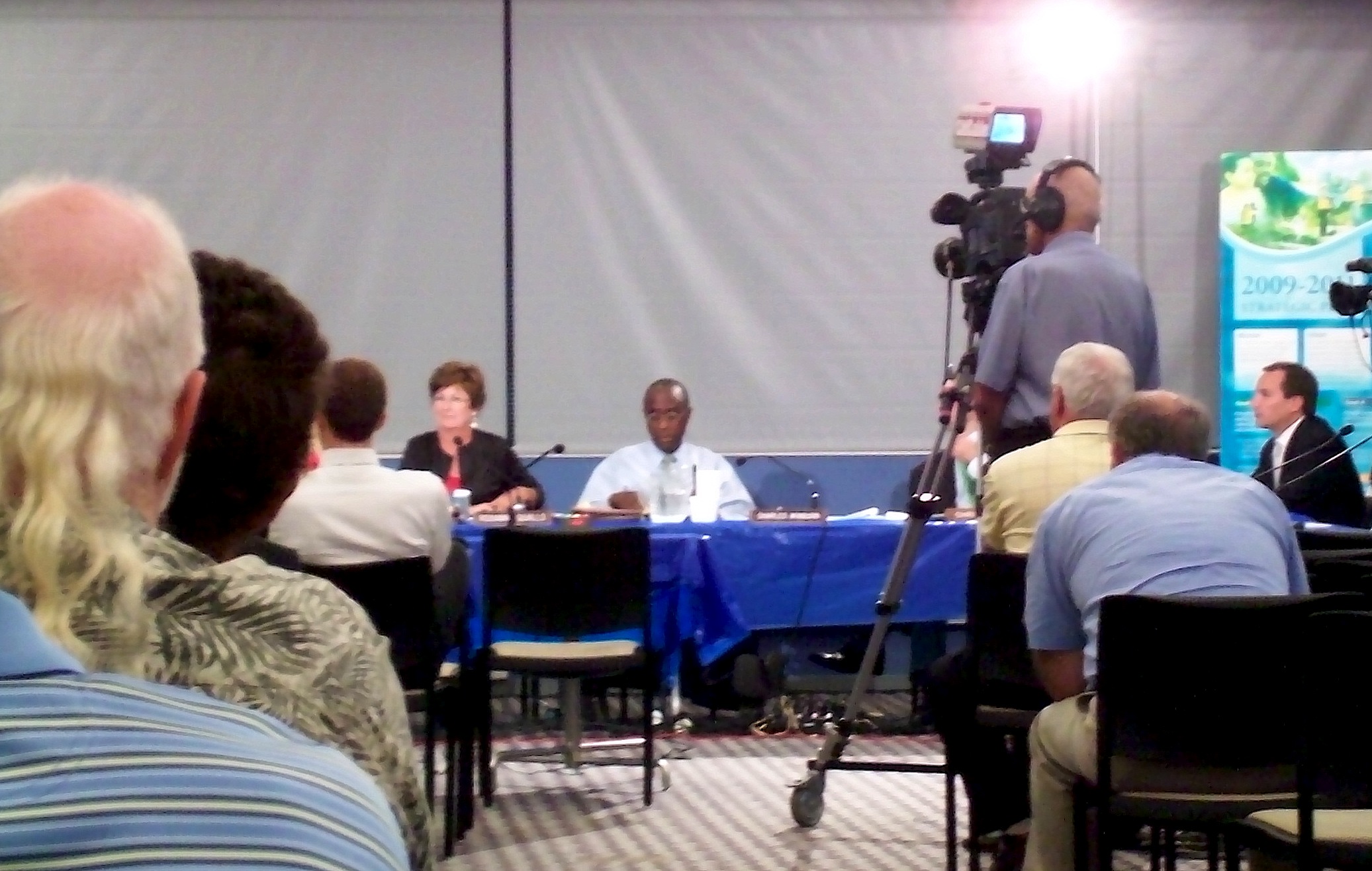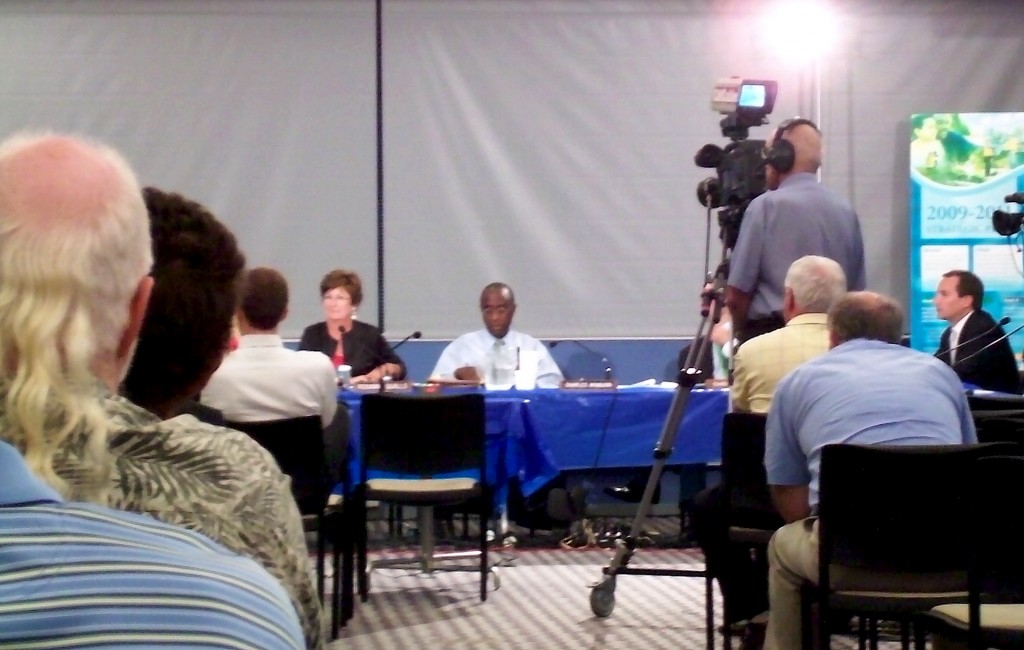New data released by the Ohio Department of Health says that state’s four-year-old, voter-enacted, smoking ban is not in fact negatively impacting Ohio businesses. The analysis goes completely against the claims made by those originally opposed to the idea of a public smoking ban, and highlights how campaign rhetoric is often left unquestioned.
In 2005, Cincinnatians heard over and over how the $48.9 million ($4M public funds, $44.9M private funds) renovation of Fountain Square and its underground parking garage would end up as a waste of scarce public resources. Since its renovation, public activity, private investments and the number of businesses in the area have gone up, and crime has gone down. Furthermore, you could argue that the renovation of Fountain Square was the initial force that sparked the urban renaissance currently taking place in Cincinnati.

A crowd gathers for a fashion show and concert on Fountain Square in August 2011. Photograph by Thadd Fiala for UrbanCincy.
The trend continues in 2011 as transit opponents wage yet another battle against the Cincinnati Streetcar and the future of rail transit in the Queen City. It was less than two years ago that this same group of opponents asked voters if they would like to hold a public vote on all rail transit expenditures in Cincinnati. The voters rejected that proposal and yet in 2011 Cincinnatians are being asked to vote on the first rail transit expenditure to come about since November 2009.
Rigorous public debate should take place in America, that is, in part, what makes the nation so unique. The problem is that voters seem to have a short memory, and the media often has no interest in reminding them of the false rhetoric put forth by the same parties in the past.
Coalition Opposed to Additional Spending and Taxes (COAST) is not a new group, and does not include new political players. The small group of well-connected men running COAST have been around Cincinnati politics for some time.
These are the same people who, under the auspice of Citizens for Community Values (CCV), amended the City’s charter to legalize discrimination against people based on their sexual orientation, which was terrible for the city and later repealed. These are the same people that called the renovation of Fountain Square a guaranteed boondoggle. And these are the same people that continue to beat the boondoggle drum in regards to the Cincinnati Streetcar project.
This group has perpetuated falsehoods for too long. Cincinnatians, and reality, continue to reject their special interest ideologies focused on holding the city back, but yet, it is time once more to entertain their tired antics. This November I look forward to Cincinnatians voting against this group’s proposed anti-rail transit Charter amendment, and sending them a bit further into the depths of irrelevancy.


